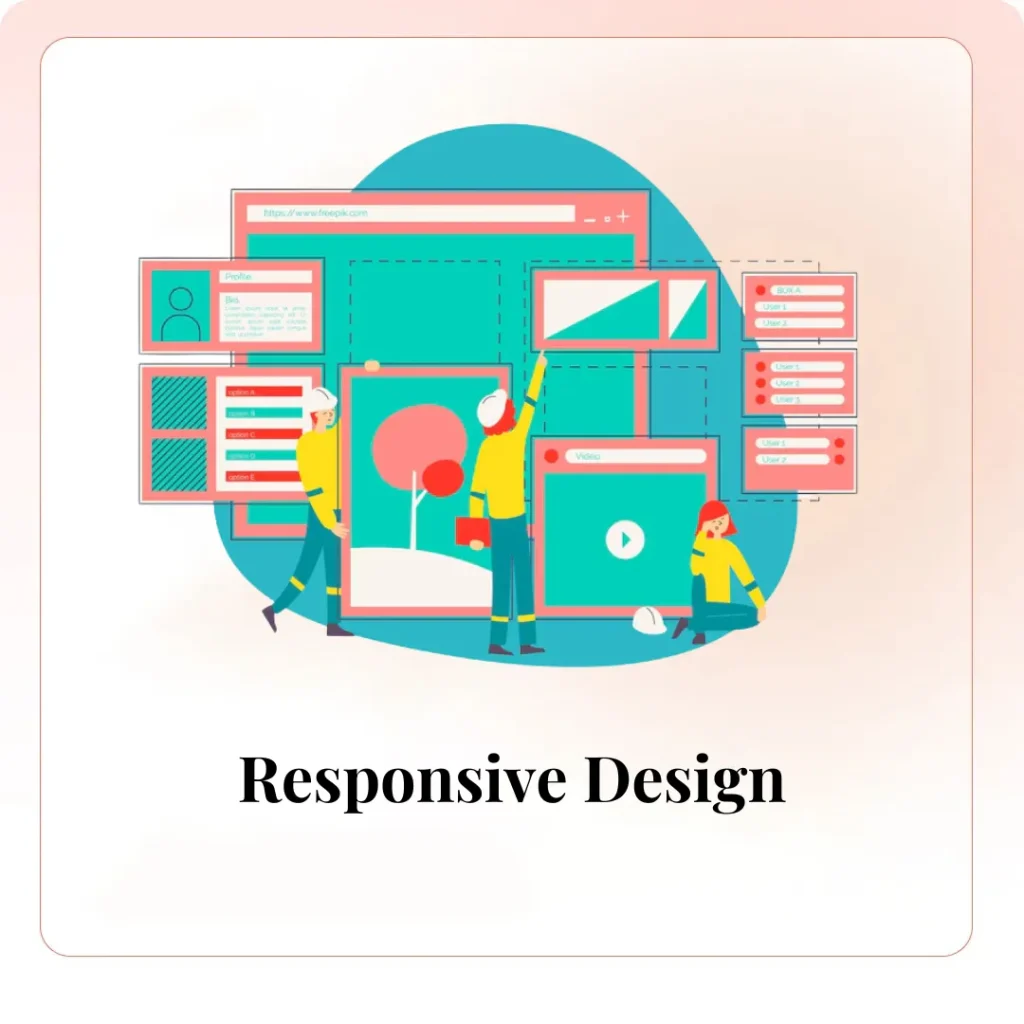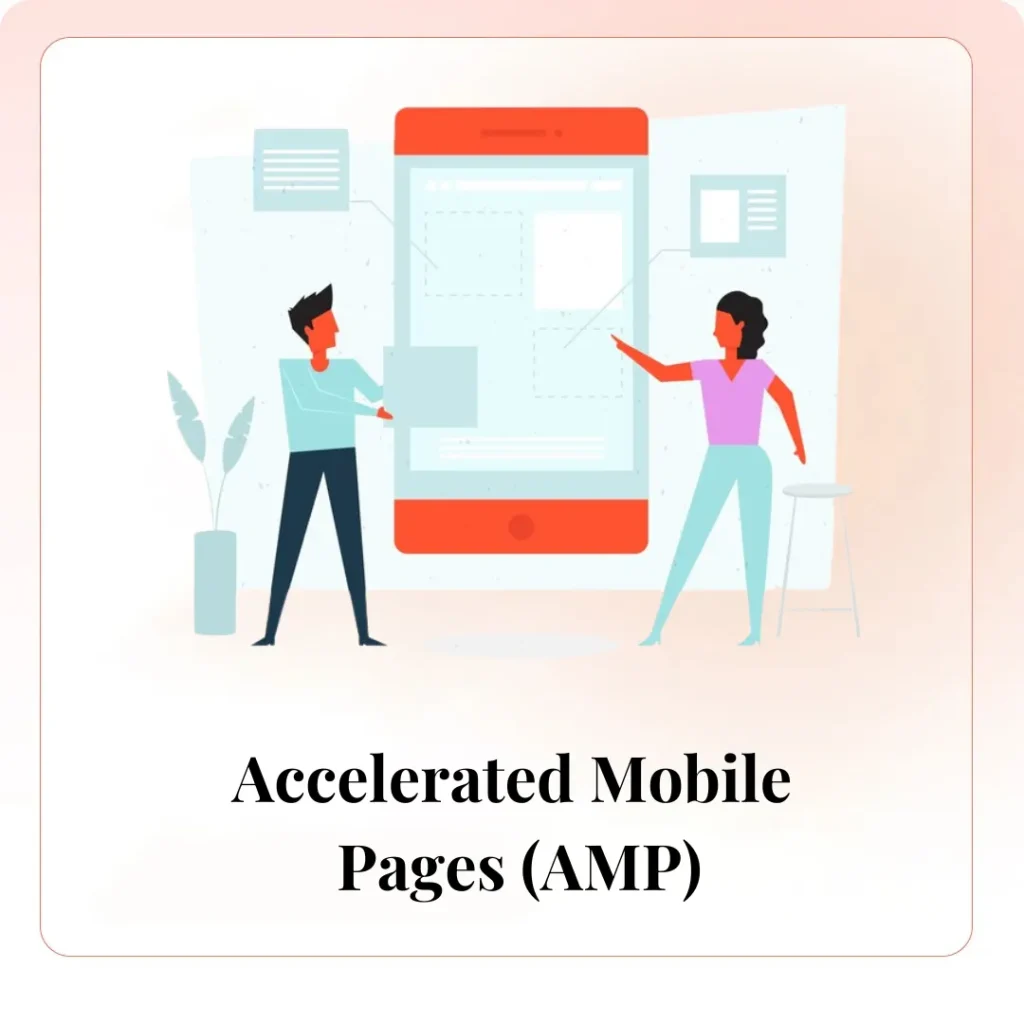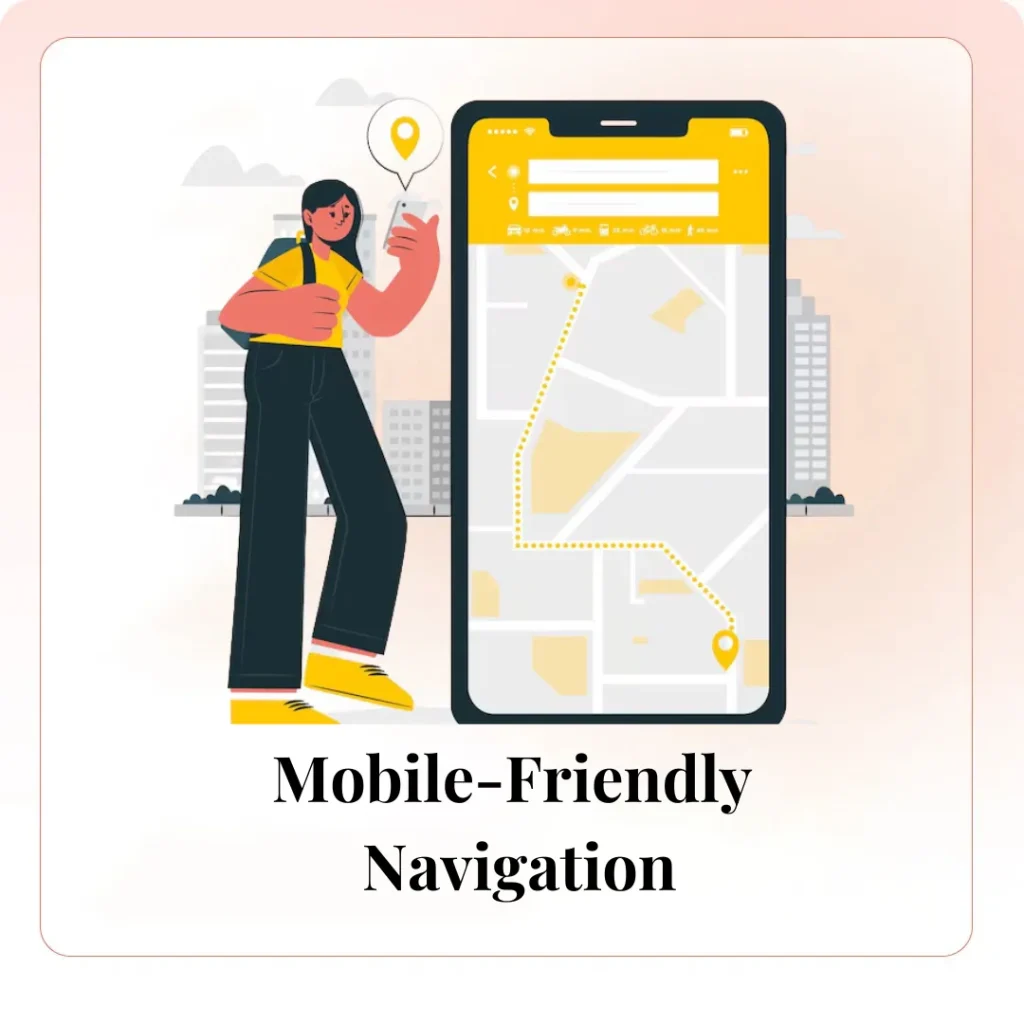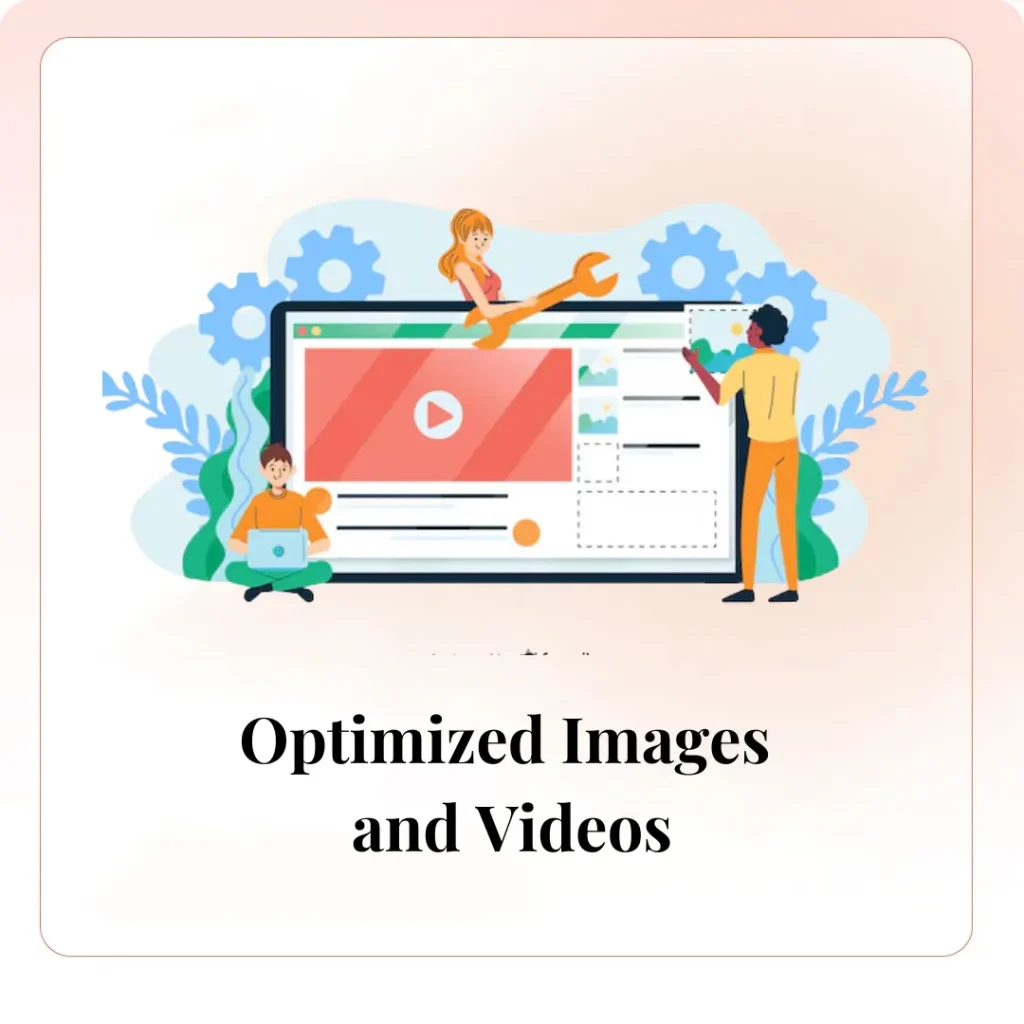In the fast-paced world of real estate, having a strong online presence is no longer optional—it’s a necessity. With the majority of property searches starting online and more than half of these conducted on mobile devices, optimizing your website for mobile engagement is crucial. This blog will delve into strategies to ensure your real estate website is mobile-friendly, engaging, and primed for conversions. Along the way, we’ll highlight key search engine optimization (SEO) practices and mention the Best digital Search Engine Optimization agencies in Hyderabad,
Why Mobile Optimization Matters in Real Estate
User Behavior Trends
Today’s homebuyers and renters are tech-savvy and on the go. They expect to find, view, and interact with real estate listings on their mobile devices. According to recent studies, over 70% of real estate website traffic comes from mobile devices. This trend is not just a passing phase but a fundamental shift in how consumers engage with real estate.
SEO Benefits
Mobile optimization directly impacts your SEO rankings. Google, for instance, uses mobile-first indexing, meaning it predominantly uses the mobile version of a site for indexing and ranking. Ensuring your website is mobile-friendly can significantly improve your visibility in search engine results pages (SERPs), driving more organic traffic and potential leads.
Key Strategies for Mobile Optimization
1. Responsive Design
A responsive design ensures that your website adapts to various screen sizes and orientations, providing an optimal viewing experience across devices. This adaptability is essential for maintaining user engagement and reducing bounce rates.
How to Implement Responsive Design:
- Fluid Grid Layouts: Use percentage-based widths for elements rather than fixed widths.
- Flexible Images: Ensure images scale with the grid layout to fit different screen sizes.
- CSS Media Queries: Apply different styles based on the device characteristics, such as screen width.

2. Accelerated Mobile Pages (AMP)

Accelerated Mobile Pages (AMP) is an open-source framework designed to enhance the speed and performance of web pages on mobile devices. By using streamlined HTML and caching, AMP pages load almost instantly, offering a smooth and fast user experience. This optimization not only improves user engagement but also boosts SEO, as search engines prioritize fast-loading, mobile-friendly content. AMP is widely used to deliver content-rich pages efficiently, making it an essential tool for publishers and businesses aiming to reach mobile audiences effectively.
AMP is a Google-backed project aimed at speeding up the loading time of web pages on mobile devices. AMP pages are designed to be lightweight and fast, enhancing user experience and engagement.
Benefits of AMP:
- Faster Load Times: AMP pages load almost instantly, reducing the likelihood of users abandoning the site.
- Improved SEO: Google prioritizes AMP pages in mobile search results, potentially boosting your rankings.
3. Mobile-Friendly Navigation
Navigation on mobile devices should be intuitive and straightforward. Complex menus and difficult-to-find links can frustrate users, leading to higher bounce rates.
Tips for Mobile-Friendly Navigation:
- Simplified Menus: Use a hamburger menu to consolidate navigation options.
- Clickable Elements: Ensure buttons and links are large enough to be easily tapped.
- Sticky Navigation Bars: Keep navigation accessible by fixing it at the top of the screen as users scroll.

4.Optimized Images and Videos

High-quality images and videos are crucial in real estate, but they can also slow down your website. Optimizing these elements for mobile devices ensures they load quickly without sacrificing quality.
Techniques for Optimization:
- Compression: Use tools to compress images and videos without losing quality.
- Formats: Use mobile-friendly formats like JPEG for images and MP4 for videos.
- Lazy Loading: Load images and videos as the user scrolls down the page, rather than all at once.
5. Fast Loading Speeds
Page speed is a critical factor in mobile optimization and SEO. Slow-loading pages can lead to high bounce rates and lower search rankings.
Ways to Improve Page Speed:
- Minimize HTTP Requests: Reduce the number of elements on your page to decrease load times.
- Enable Browser Caching: Store static files so they don’t need to be reloaded with each visit.
- Optimize Code: Minify CSS, JavaScript, and HTML to reduce file sizes.

6. Content Optimization
Content should be concise, relevant, and easily digestible on mobile devices. Large blocks of text can be daunting on small screens, so breaking up content into smaller sections with clear headings is beneficial.
Best Practices for Mobile Content:
- Short Paragraphs: Keep paragraphs short to enhance readability.
- Bullet Points: Use bullet points for lists to make information scannable.
- Visuals: Incorporate images, infographics, and videos to complement text.
7. Call-to-Actions (CTAs)
Effective CTAs are crucial for driving conversions, such as property inquiries or contact form submissions. On mobile devices, CTAs need to be prominent and easy to interact with.
Designing Effective CTAs:
- Visibility: Ensure CTAs stand out with contrasting colors.
- Size: Make CTAs large enough to be easily tapped.
- Placement: Position CTAs strategically throughout the page to capture user attention.
7. Local SEO for Real Estate
Optimizing for local SEO is vital for real estate websites, as most property searches are location-specific. Implementing local SEO strategies can help you appear in local search results, attracting more targeted traffic.
Local SEO Techniques:
- Google My Business: Claim and optimize your Google My Business listing.
- Local Keywords: Use local keywords in your content, meta descriptions, and tags.
- NAP Consistency: Ensure your name, address, and phone number (NAP) are consistent across all online platforms.
Conclusion
Optimizing your real estate website for mobile engagement is essential in today’s digital age. By implementing responsive design, leveraging AMP, simplifying navigation, optimizing images and videos, ensuring fast loading speeds, crafting mobile-friendly content, and incorporating effective CTAs, you can enhance user experience and improve your SEO rankings. For those looking to excel in this field, collaborating with the Best digital Search Engine Optimization agencies in Hyderabad can provide the expertise and support needed to achieve these goals. Whether you seek the Top Search Engine Optimization agencies in Hyderabad or the Best Search Engine Optimization agency in Hyderabad, you can find reliable partners to enhance your online presence. For more information and expert assistance, visit hyderabad.osumare.com.
By optimizing your website for mobile engagement, you not only improve user experience but also position your real estate business for success in a competitive digital landscape.



